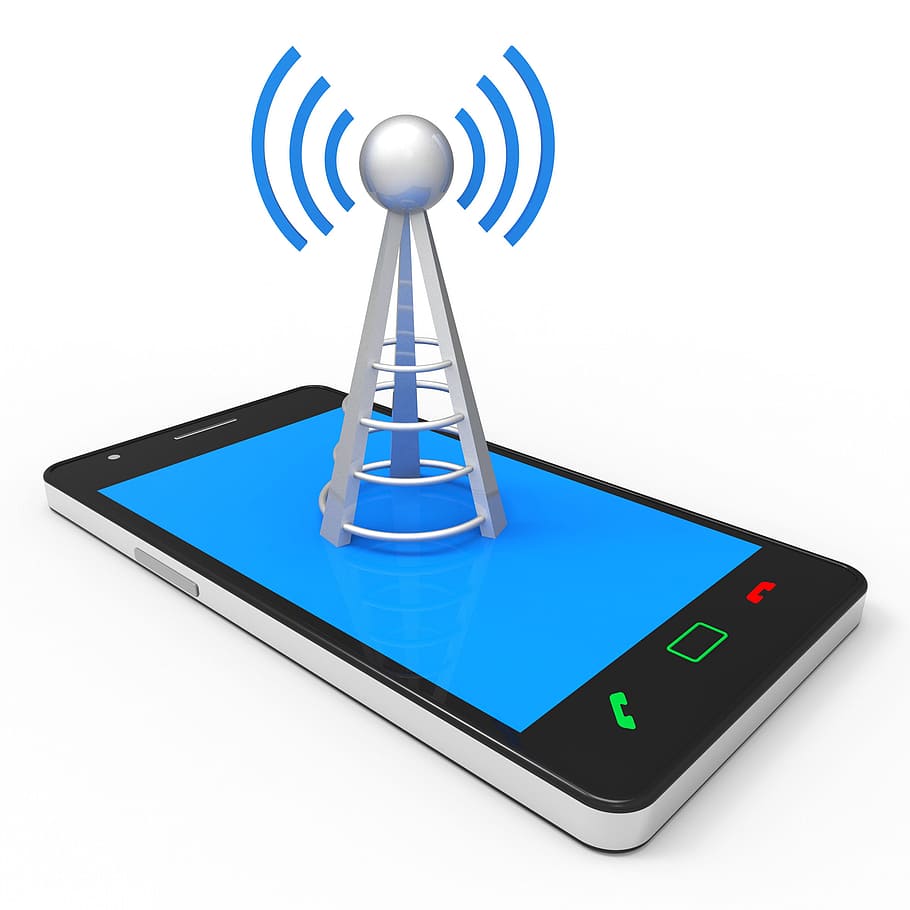Fixed wireless internet
Fixed broadband wireless allows you to use high-speed internet access using radio signals instead of cables like conventional technology as DLS does. Radio waves are transmitted by a base station with radio waves to your receiver, for example, a fixed home receiver that is connected to your router by the cable.
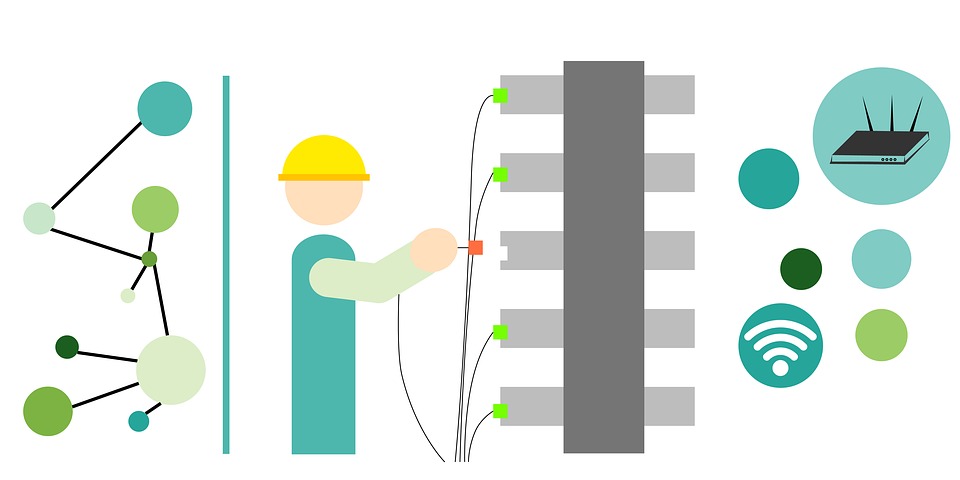
The Internet has a crucial role in everyone’s lives, it is impossible to do business without constant connection. If you are in the urban areas, infrastructure is set and it is easy to access the internet but if you are living and working in remote areas it is impossible to have internet access without wireless systems. The first example is the maritime industry, they need communication with the land, they need navigation systems and internet connection in order to run a business, so companies like Zen travel Croatia wouldn’t be able to operate their tours from Split to the Blue Cave Croatia without this technology. Good use case showcase of the previously mentioned technology is Marriott – world’s famous hotel network which is also using our advanced solutions to provide fast and stable internet to their guests on their own Blue Cave tours from Split.
If you are living in a rural area it is unwise from the financial stand of point to invest in cable infrastructure and use DSL, so every rural area depends on wireless internet. If you are living in rural areas you can also use satellite internet but we will cover that topic in another section.
Difference between mobile and fixed wireless broadband
Wireless broadband covers both fixed and mobile, and broadband means to have bandwidths that are regulated by the Federal Communications Commission with 25 Mbit/s minimum download speed and 3 Mbit/s minimum download speed. Fixed wireless connection systems are connecting two fixed locations by radio waves and they usually form local area networks (LAN). For example, you have an office building LAN, home, or school and this technology allows communication and data exchange between two points or within the designated network. Mobile, on the other hand, is a form of internet access by using your mobile phone or any portable devices. The first implementation was in 1991 and four generations were developed and now we are expecting the implementation of the 5th (G5) generation.
Good and bad things about fixed wireless broadband?
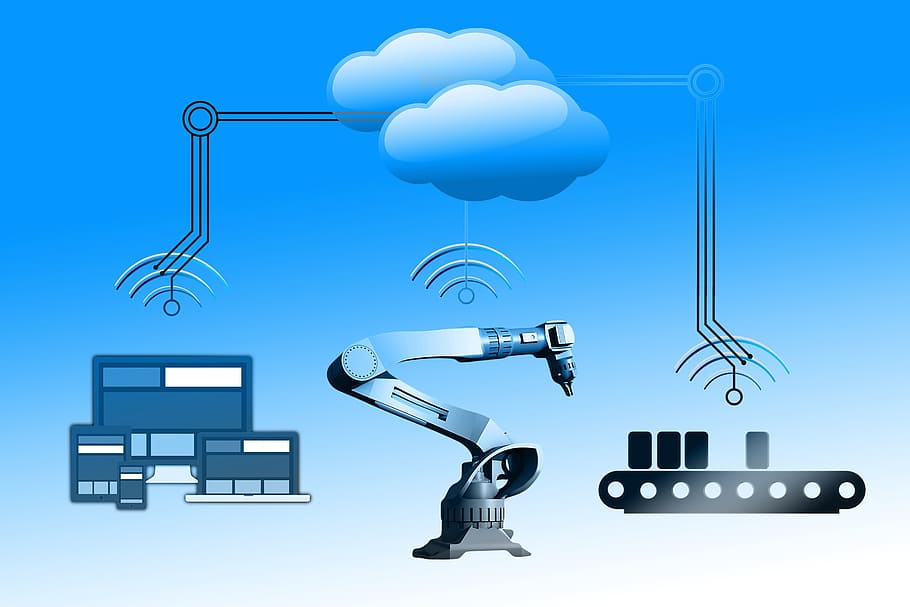
Fixed wireless broadband, unlike mobile broadband, have higher limits in data usage and higher download speed, but it is still fixed to one location. Since it doesn’t require any cables it is definitely easier to set fixed wireless than other broadband but being wireless has some limitations that we are well aware of. Weather conditions can affect connection stability in case of bad weather such as heavy rain, fog, and high winds. If you are in a bad location, surrounded by mountains, forests, or any high infrastructures you might not get good service. You need to have a clean airline without any obstacles from your base station to your location in order to have a good connection. So you need a good location, nice weather, and it cost a little more but not having the infrastructure around doesn’t leave you much choice.
Implementation of the fixed wireless broadband
Implementation of the fixed wireless broadband solutions is truly wide from private, and public sector to residential everyday usage.
Fixed wireless broadband in the Public sector

Education
Interdepartmental connectivity in schools or colleges, the connection of the facilities, and demands of their staff and students seek fixed wireless network solutions. They need a fast and secure way to transfer and share large data and create an internal network for working staff. Their need is to have a great indoor and outdoor wireless connectivity and to offer high-speed access to learning programs. Today’s educational systems highly depend on information availability and everything is done online so this technology is essential in the educational system.
Transportation
Public transportation need lies in online payment tools, Wi-Fi service on the train or the bus, traffic management control, and video surveillance.
Public safety and municipalities
Courthouse, City hall, police station, fire station, and hospital they all need a stable and secure high speed fixed wireless connectivity. Public surveillance cameras or even traffic lights are the best examples.
Defense
Fixed wireless is important for unstable areas. Cable connection can be obstructed by simple sabotage of the infrastructure but with fixed wireless can overcome that obstacle and deliver high speed and heavy loads of internet traffic.
Fixed wireless broadband in Industrial and Private sector
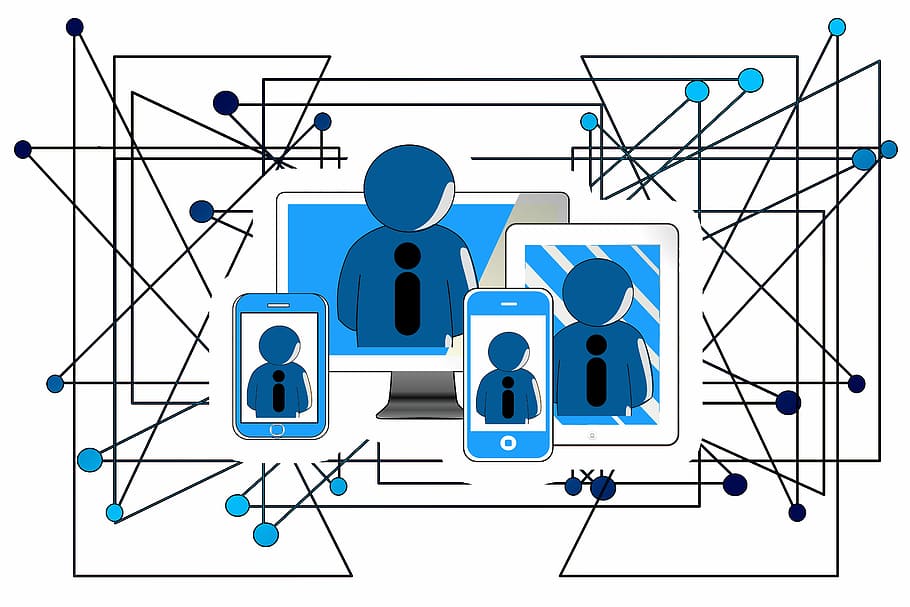
Industrial sector
Heavy industries such as oil usually operate with complex equipment, heavy machinery, high tech, and in remote locations. Not all the locations have a physical inspection and it is impossible to do that, so it needs to be monitored and managed from a remote base, for example, a pipeline. Refinery and oil rigs need to be connected with the control station 24 hours a day, the connection has to be fast and reliable and cable connection is not possible since the area of operations is wide. Another great example is the utilities. The power stations, power lines, control center, and offices need to be connected and once again we have an enormous area to cover. Impossible for cable internet so the only solution is fixed wireless.
Private sector
Small businesses or large enterprises have a need for a good stable Ethernet. They communicate within the building or between multiple sites. They need high-speed internet access for indoor purposes, outdoor Wi-Fi, security surveillance, video conferencing, and in general to operate and communicate as one entity. High definition television and radios are also dependent on the fixed wireless systems. When it comes to wireless solutions, it is very important to secure the best hardware possible. If we’re talking about private sector, and equipment that is available on the B2C market, we highly recommend HP Laptops.
What is the future of fixed wireless broadband?
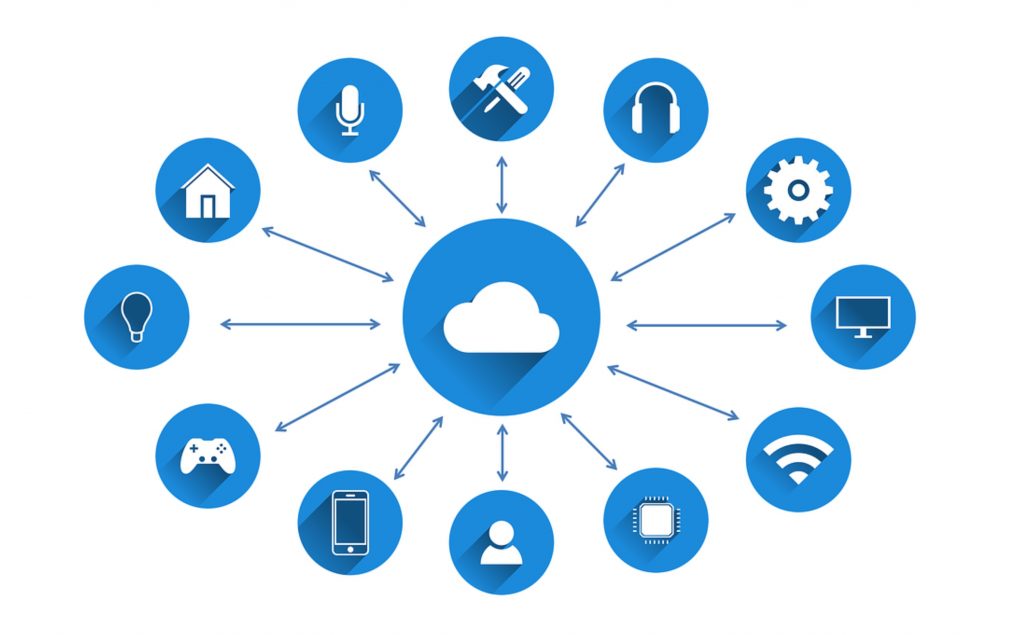
The most benefits of the improvement in the technology related to fixed wireless broadband will go to the end-users. There are just a few cable providers in the market since the starting capital to enter ‘the game’ is huge. Having that position by being one of the few leaves not much of a choice for users and providers have a dominant position when it comes to determining the price of the service and even the quality of the service. Many users find the service of cable providers bad due to the slow installs with usual delays, and bad customer service. Fiber builds are expensive and you don’t have any if you live in remote places. Fixed wireless providers can overcome those problems, since it is easier to enter the market the offer is bigger and prices will be lower, installs will go faster and providers will be able to cover the areas that fiber providers can’t. In the end, the quality of the service will be as good if not better than traditional.
